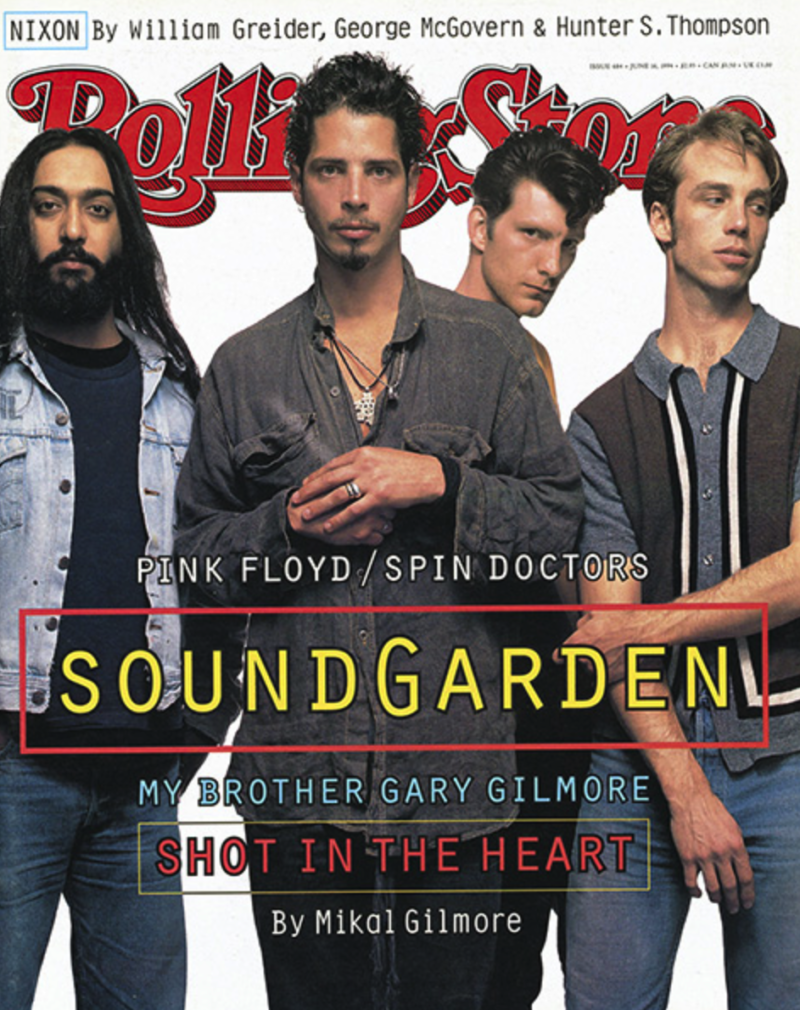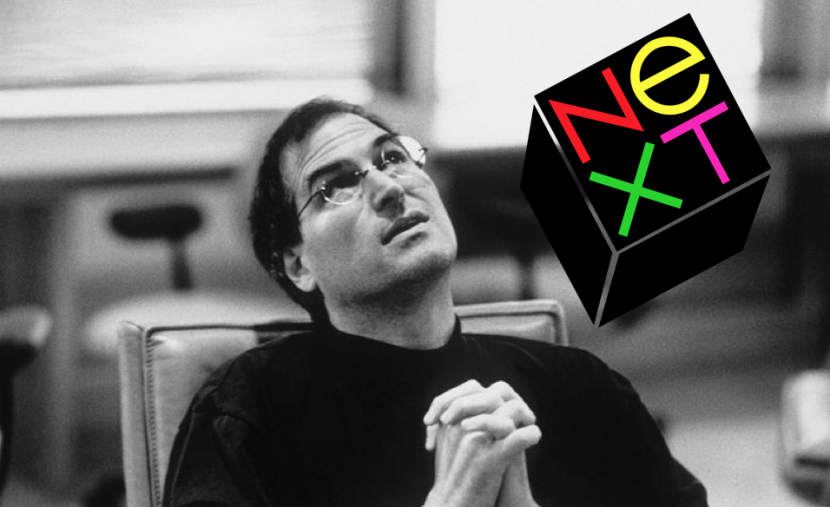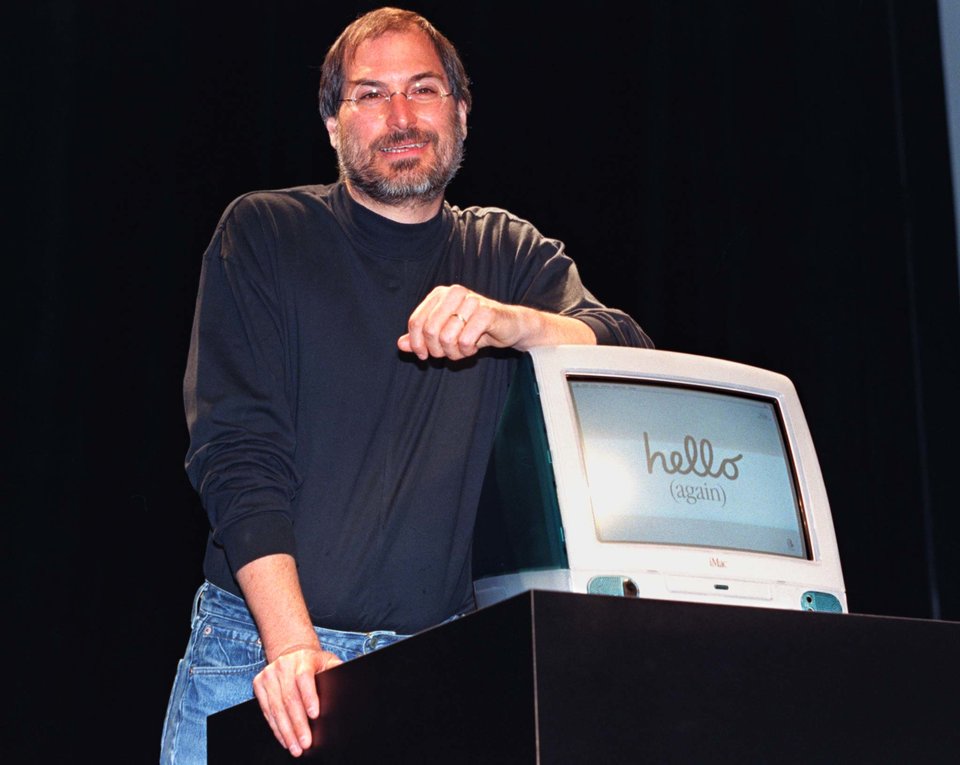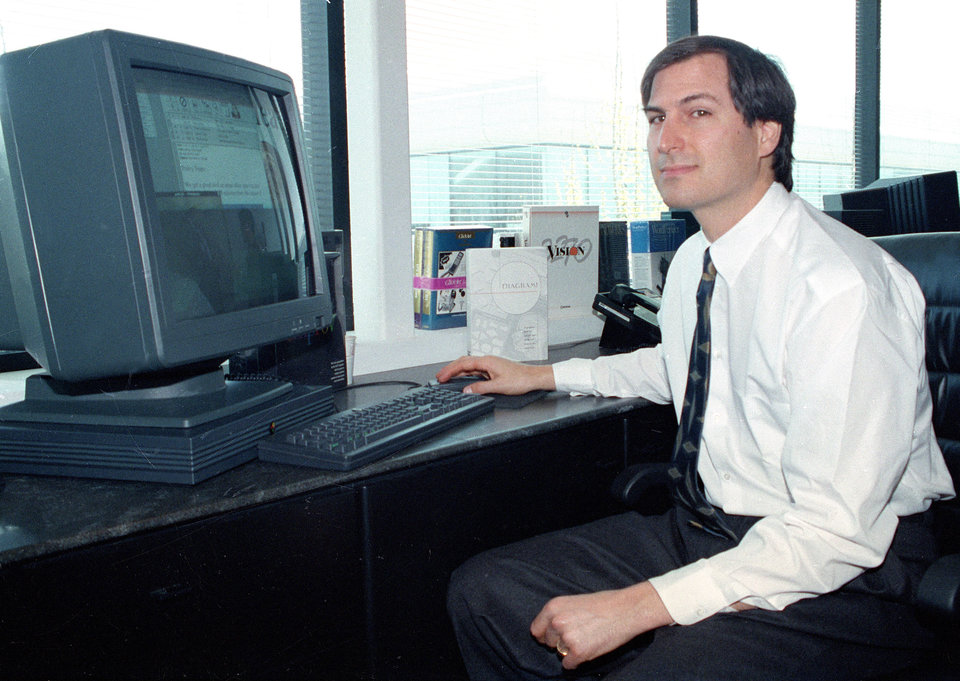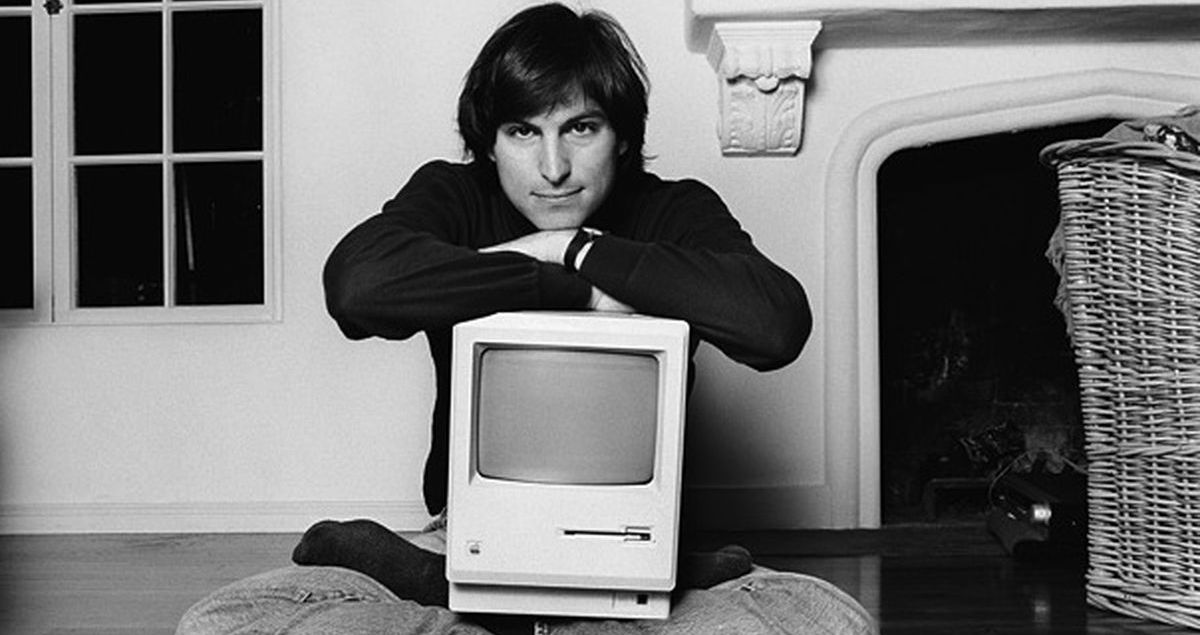While in the 16s, co-founder and former head of Apple Steve Jobs did not avoid his participation in the media in any extreme way, in the mid-1994s he practically stopped giving extensive interviews. The one he gave to the popular Rolling Stone magazine on June XNUMX, XNUMX is considered one of his last interviews of this type.
It could be interest you
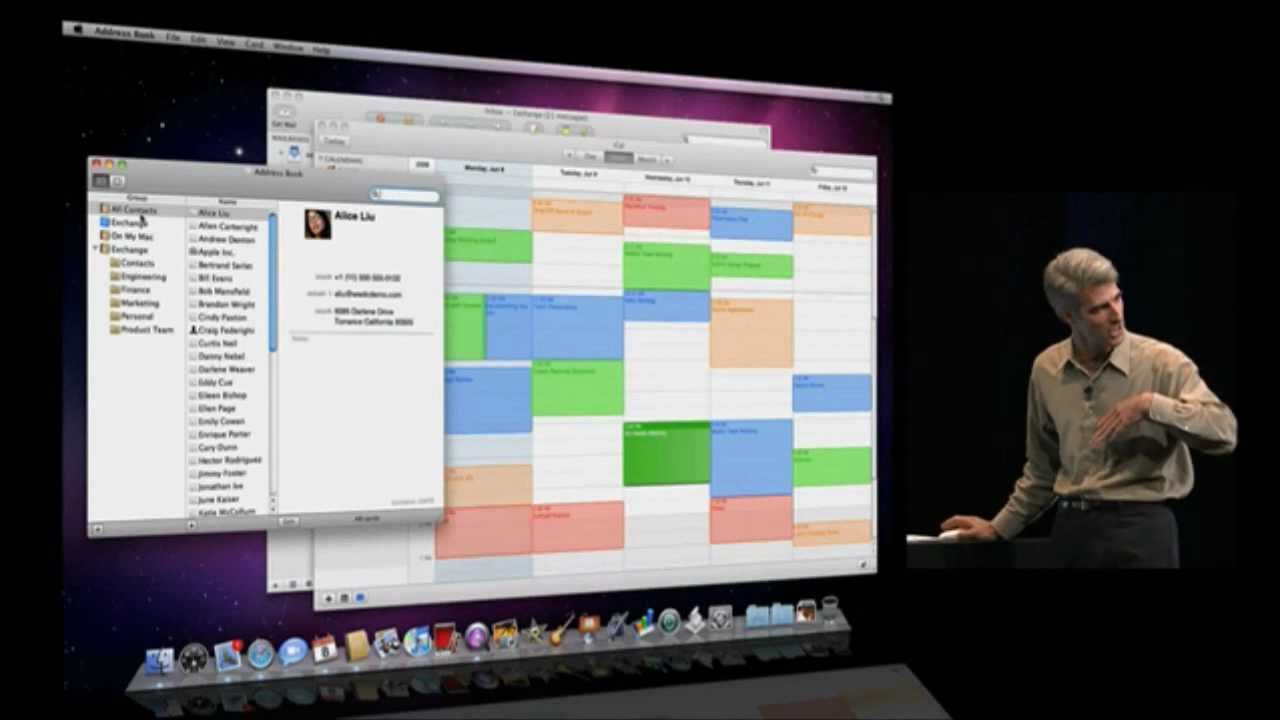
Rolling Stone was mainly focused on the music and entertainment industry, so it is understandable that Steve Jobs did not get on the cover of the mentioned issue, but the band Soundgarden, which at the time was also celebrating its tenth anniversary. Apple's Macintosh also celebrated its tenth birthday that year, but the company as such was not exactly in the best shape at the time, and Jobs' NeXT was not exactly at the peak of fame - despite innovative activities and quality production - either. This state also corresponds to the tuning of the interview, in which Jobs contemplates and reflects on the present, past and future of his business. NeXT had to shut down its hardware division in 1993 and its future was quite uncertain.
In addition to NeXT, however, in his interview with Rolling Stone, Jobs reflected, for example, on what he would change at Apple if he were still working there - he talked, for example, about the lack of innovation in Macs, the rise of Microsoft or the fact that the future of application development could form small companies of three to five people. Steve Jobs returned to Apple in late 1996 as part of Apple's acquisition of NeXT. In the summer of 1997, Jobs was first appointed as a temporary director of the company, then he began to lead it fully. After his return, Jobs gradually put a number of Apple products on hold and, on the contrary, came up with a lot of innovations that eventually secured Apple's way back to the top.
